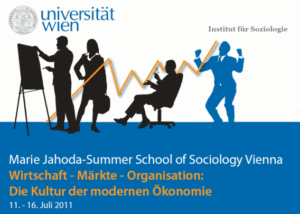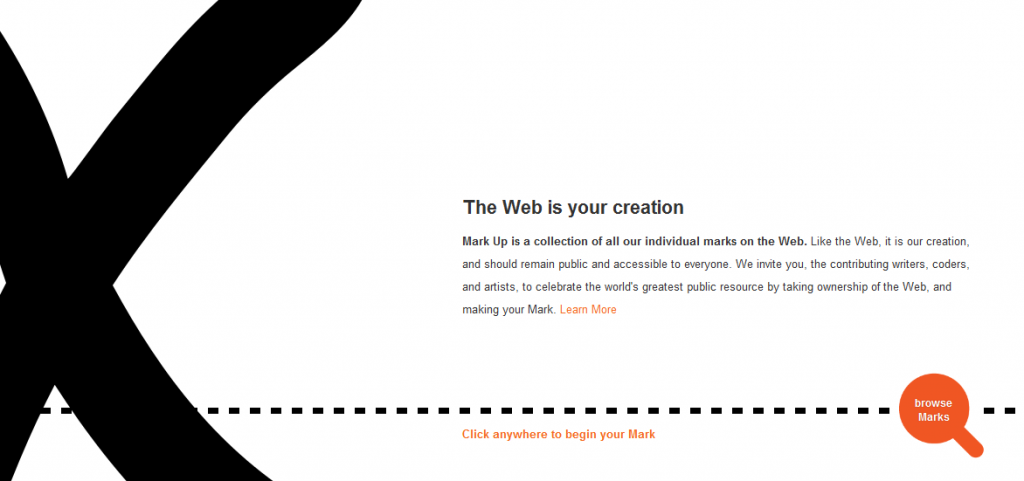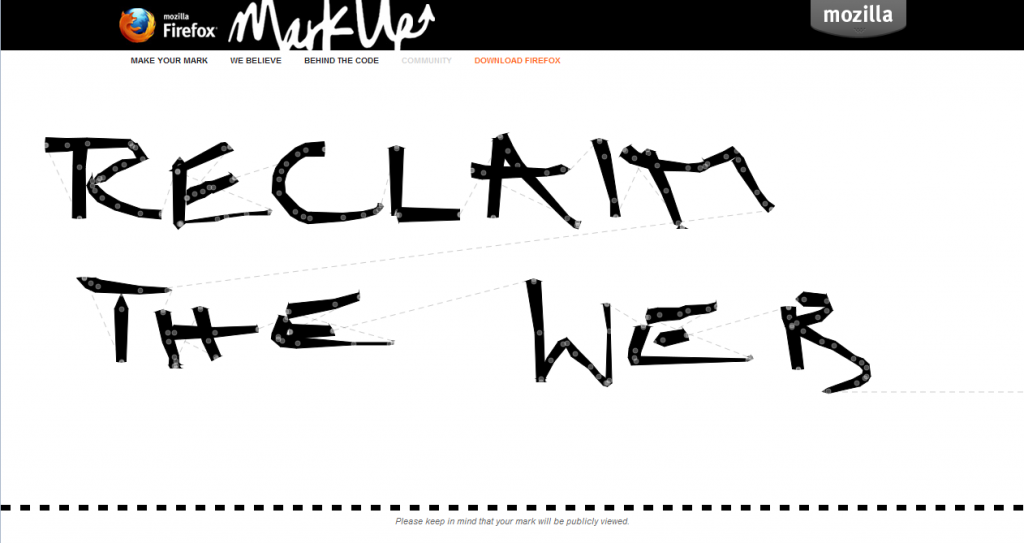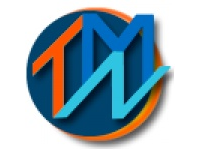I’m excited about the summer school season that’s starting soon! My first stop will be Amsterdam, where the Digital Methods Summer School is taking place from the 27 June till the 8 July. It will be fun to meet Richard Rogers, the organizer of the summer school, and his team again and share ideas, empirical insights, and “digital tools”. The program looks amazing and there’s going to be a great number of participants from all over the world (see also this blogpost).
My second stop will be Vienna, where I’ll attend the Marie Jahoda Summer School of Sociology dealing with Economy–Markets–Organizations: The Culture of modern Economy.
That’s an excerpt from the website:
Like all economic processes, markets and organizations are embedded in social structures. Cultural values and political decisions strongly influence economic action, and economic processes follow social norms. The culture of markets transcends the homo oeconomicus. As the new economic sociology has shown, economic action, whether it takes place on markets, in organizations, in networks or as self-management, has to be understood as multi-dimensional and is not bound to an economic rationality existing outside social relations. In this perspective, current processes like the “economization” of social fields become themselves visible as cultural patterns of social organization.
The Marie Jahoda Summer School of Sociology will be set against this thematic background. We will examine competition, firms, management practices and organizations in the economic field, extending it to the arts, religion, sports, fashion, pop culture or the media – social fields, which themselves are examples of today’s “culture of markets”.
It will be really interesting to go back to the Sociology Department, where I studied more than 10 years ago! I’m sure a lot has changed in the last decade and I’m curious about the current state of the field. There will be 19 participants, mostly from the German-speaking context, and I’m happy to be one of them. The summer school will be an excellent opportunity to present my work on search engines in the context of present-day market capitalism and gain feed-back from Austrian/ German researchers. I’m particularly looking forward to meeting Sighard Neckel, the organizer of the summer school – who kindly invited me to take part in this event – and his collaborators.




